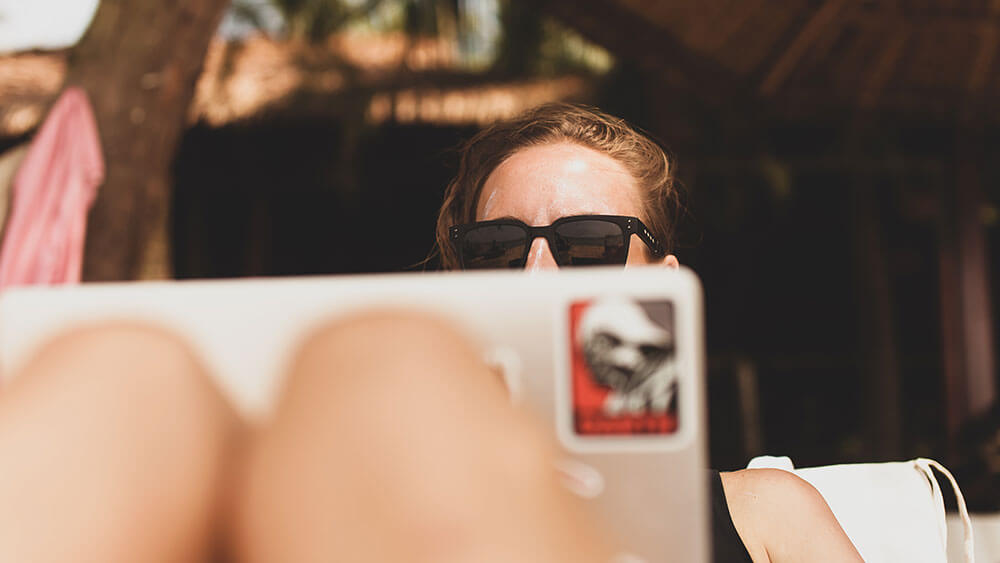
Managers should encourage their team members working from home not to work during time off, including vacations and holidays. (Photo by Anton Shuvalov on Unsplash)
Planners put in long hours, so respondents to our annual Salary Survey have told us. In the most recent survey, more than half (54 percent) of business event organizers said that they work more than the standard 40 hours per week — up to 50 hours weekly. An additional 17 percent work 51-60 hours per week, and 5 percent regularly put in more than 60-hour workweeks.
Moreover, only 18 percent of our 628 respondents in the 2020 survey said that they took all of their accrued personal and vacation days in 2019. Four in 10 said that they took most of their earned time off — and around the same number said they only took some of their vacation days.
It’s important to note that planners took our survey this year in February, before the COVID-19 lockdowns began and working from home became an almost universal workplace phenomenon. It will be interesting to see if the results of our survey next year reveal that you’ve spent even more hours on the job, with many assuming the responsibilities of furloughed colleagues and taking a crash course in how to transform face-to-face events into online experiences.
Even without taking those factors into account, working remotely tips the work/life balance even more off kilter for many. As the authors of a recent Harvard Business Review article — “Don’t Work on Vacation. Seriously.” — noted, “as the formal boundaries that separate work from non-work become even more blurred, employees may feel conflicted about what time is — and isn’t — meant for working.”
Authors Laura M. Giurge, a postdoctoral research associate at London Business School, and Kaitlin Woolley, an associate professor of marketing at the Johnson Graduate School of Management at Cornell University, write that it’s commonly presumed that having flexibility in when we work boosts motivation. However, their research finds just the opposite is the case. “Spending weekends or holidays working,” they write, “undermines one of the most important factors that determines whether people persist in their work: intrinsic motivation…. Our data shows that working during leisure time creates internal conflict between pursuing personal and professional goals, leading people to enjoy their work less.”
Working occasionally on weekends and holidays may be unavoidable, Giurge and Woolley acknowledge, and their research suggests that reframing it mentally as “work time” rather than “leisure time” can help people feel more motivated. And that’s probably the way many event organizers who have worked over weekends on site at — or in the buildup to — their events have reconciled with that.
But as the pandemic has forced many employees to work remotely and burdens them with additional demands on their time, the authors say, managers should encourage their team members not to work during time off to ensure they “stay as productive and engaged as possible.”
Additionally, even though this is not mentioned by the authors, it seems even more natural to resent time spent toiling away at our desks rather than doing what we can to enjoy our free time. Especially since so many of the pastimes we’ve enjoyed before — like freely traveling, dining out, and unrestricted socializing with friends and family — are limited by COVID-19.
Michelle Russell is editor in chief at Convene.
